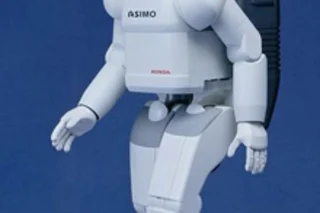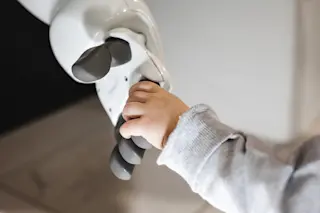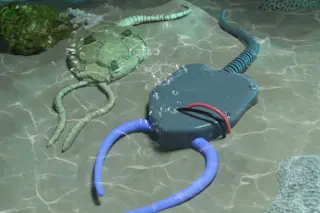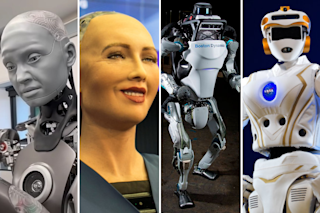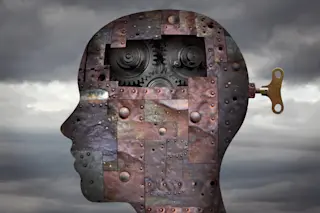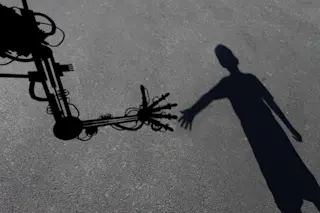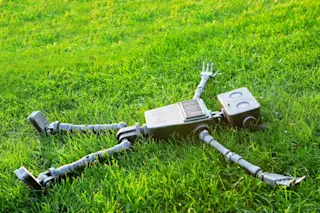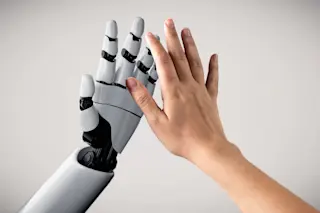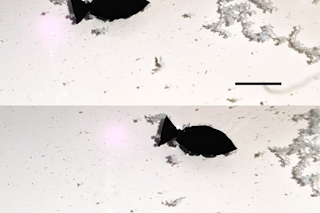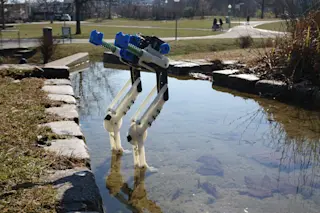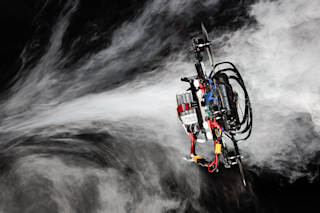Unlike a lot of humans, robots had a great week. They’ve begun to evolve, they’re helping babies with mobility disorders, and one even brought Einstein back to life... sort of. In the past, for robots to adapt to any physical changes, they needed their control software to be redesigned. Now, engineers in the U.K. have developed a robot that has a "brain" that can develop, in both size and complexity, along with its physical body. Their hope is that the brain will advance the robot to a more humanlike being that can grow over time, like humans and other biological creatures. "After all," said Sethuraman Muthuraman, one of the scientists, "if you want to develop a complex robot why not take the same route as biology did?" Meanwhile, at the University of Delaware, scientists have developed a "tiny power chair" that can help babies with mobility problems explore the world ...
Helping Babies, Evolving, and Copying Einstein: A Busy Week for Robots
Discover how robots evolve with adaptive brains to enhance abilities and assist babies with mobility disorders. Click to learn more!
More on Discover
Stay Curious
SubscribeTo The Magazine
Save up to 40% off the cover price when you subscribe to Discover magazine.
Subscribe

